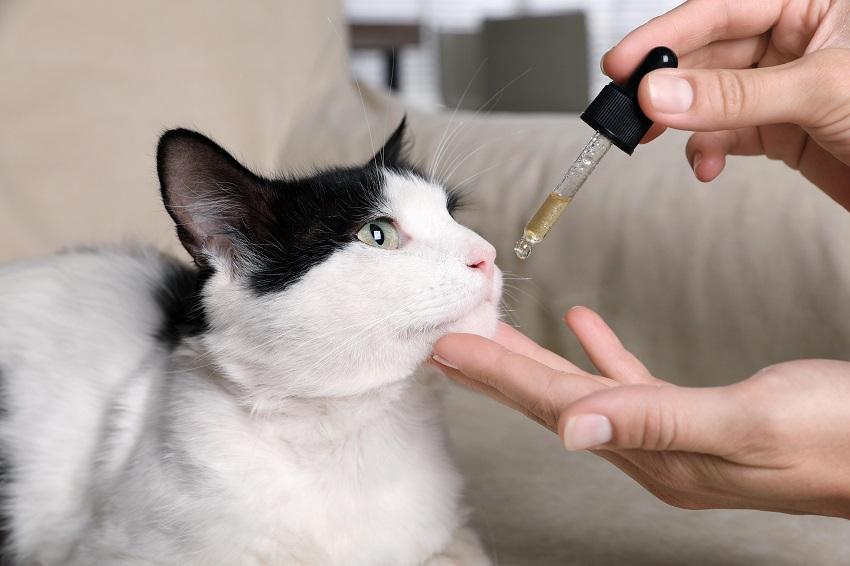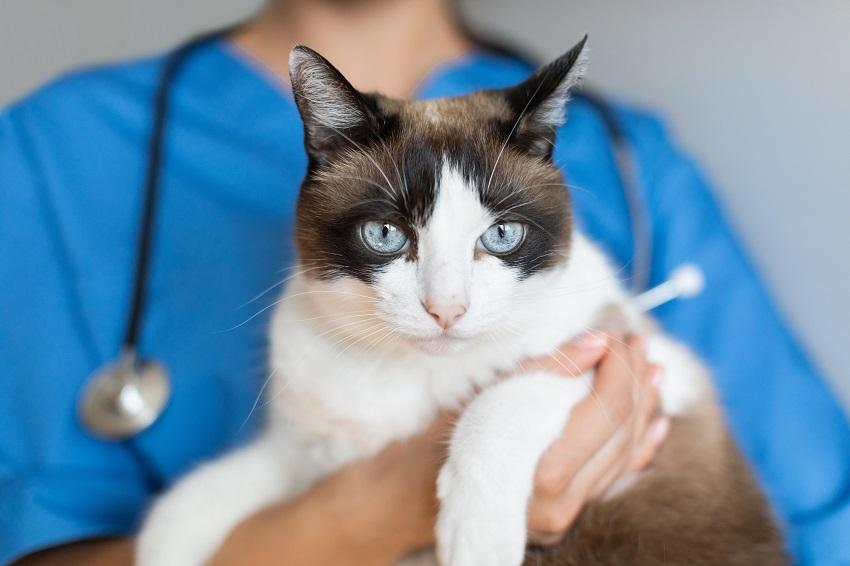
Administering vaccines to cats is an essential and mandatory practice to maintain their health and ensure a long life. The reason cats need to be vaccinated is to reduce the risk of transmission of potentially fatal feline diseases. Whether it’s a kitten or an adult cat, vaccinations are necessary according to their age.
The primary reason cats need to be vaccinated is to protect them from viruses and bacteria. Similar to human vaccinations, feline vaccines aim to prepare the immune system. By administering vaccines, a cat’s body will build protection against viruses and bacteria, minimizing the risk of infection and reducing the severity of symptoms.
As reported from various sources, cat vaccines contain antigens. These vaccines have the benefit of strengthening the animal’s immune system. Therefore, the reason cats need to be vaccinated is to lower the risk of infection, bacteria, or viruses, minimizing the severity of symptoms.
Reasons Why You Need Cat Vaccination
The vaccinations given to cats depend on their health status, lifestyle, age, and prevalent diseases in their environment. The need for cat vaccinations should also be discussed in terms of how often to provide the best protection for your cat.
When a kitten is born and suckling, it receives antibodies from its mother’s milk, providing protection from infectious diseases. However, the antibody levels decline as the kitten develops its immunity, making it vulnerable to diseases.
The rate of decline varies for each kitten. Therefore, the reason cats need vaccinations is that they can help protect many kittens during their vulnerable period when diseases are prevalent.
Vaccination is a crucial part of pet care for health and disease prevention. Cats that haven’t been vaccinated are more susceptible to serious diseases that can spread widely through the air. By vaccinating, you can ensure that your cat is safely protected.
Stages of Cat Vaccination
In addition to the reasons why cats need vaccinations, there are three stages of administering vaccines to cats. Here are the vaccination stages and the reasons why cats need them:
First Vaccine:
The first vaccination can be given to cats aged 6 to 8 weeks. This vaccine provides protection against two viruses that infect the respiratory tract, feline calicivirus, and feline rhinotracheitis. It also protects against feline panleukopenia, a virus affecting the digestive system.
Second Vaccine:
The second vaccine is administered to repeat the first vaccination. The reason cats need vaccination at the second stage is to provide protection against chlamydia bacteria that attack the cat’s respiratory system.
Third Vaccine:
The third-stage vaccination is done to protect cats against the rabies virus. This third vaccination aims to prevent acute infection of the nervous system. Additionally, vaccinations should be repeated every year to maintain the cat’s health.
That’s the comprehensive information on why cats need vaccinations. Pay attention to the vaccination stages for cats. For more clarity, you can visit a veterinarian and consult about the vaccinations your cat needs based on its age.
When Should You Vaccinate Your Cat?

In general, cats need to be vaccinated early, ideally when they are still kittens. Kittens should begin receiving vaccinations at six to eight weeks of age, continuing until they are around 16 weeks old.
Afterward, cats also require booster vaccinations a year later, administered consecutively every three to four weeks. Meanwhile, adult cats need vaccinations less frequently. Usually, adult cats should be vaccinated either annually or every three years, depending on how long the vaccine is designed to last.
Cat Vaccination Procedure
The cat vaccination procedure is typically administered through a subcutaneous injection. However, vaccines can also be given as drops in the eyes or nose. The cat vaccination procedure usually takes only a short time. It’s essential to note that all vaccines to be injected must undergo rigorous safety and efficacy testing before being licensed for use in cats by the authorities. When used correctly and as recommended, vaccines are safe and provide crucial protection against various diseases.
Places to Get Cat Vaccinations
Generally, cat vaccinations can be done at a veterinary clinic or animal hospital. Additionally, pet shops often provide cat vaccination services. Administering vaccinations to pets is indeed crucial. However, equally important is regularly checking the health condition of your pets, especially if they suddenly appear lethargic and refuse to eat.

Comments are closed.